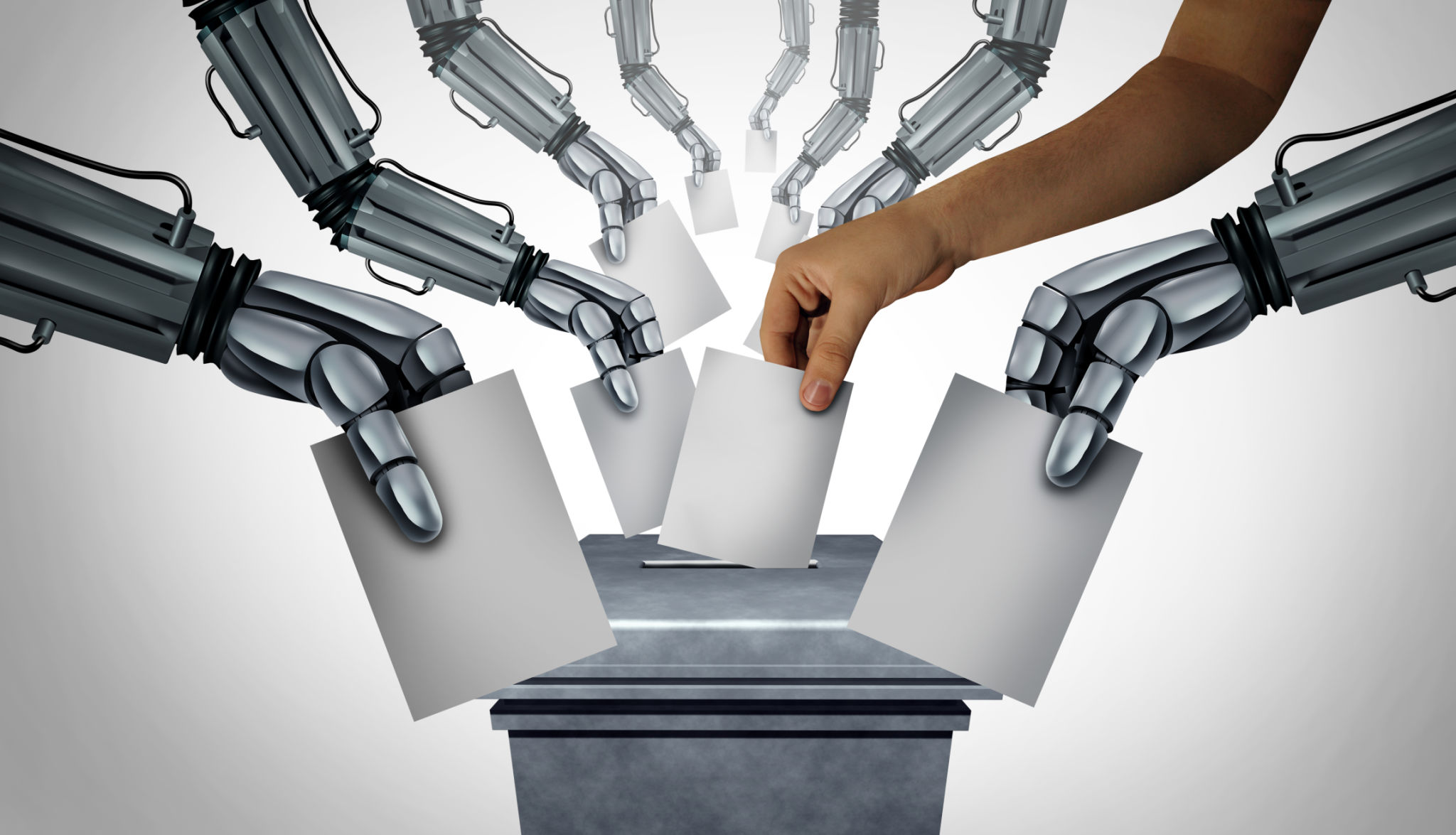Digital Strategies for Engaging Voters: Lessons from AI Innovations
Understanding the Role of AI in Political Campaigns
In recent years, artificial intelligence (AI) has become a cornerstone in shaping digital strategies for engaging voters. By leveraging sophisticated algorithms and data analysis, political campaigns have discovered innovative ways to connect with constituents. AI's ability to process vast amounts of data quickly and accurately allows campaigns to tailor messages that resonate with individual voter preferences, enhancing engagement and participation.
One of the key advantages of using AI in political campaigns is its capacity to analyze social media sentiment. By monitoring platforms like Twitter and Facebook, AI tools can gauge public opinion on key issues, allowing campaigns to adjust their strategies in real time. This responsive approach not only improves communication but also builds trust with the electorate.

Personalization: The Key to Voter Engagement
Personalization has emerged as a powerful tool in voter engagement strategies. By utilizing AI, campaigns can create personalized content that targets specific voter segments. This method involves analyzing data such as voting history, demographic information, and online behavior to craft messages that are more likely to resonate with individual voters.
For instance, email campaigns tailored with AI can deliver customized content that aligns with a voter's interests and concerns. This targeted approach increases the likelihood of voter interaction and support, as recipients feel that the campaign understands and values their unique perspectives.
Leveraging AI for Predictive Analysis
Predictive analysis is another area where AI excels in political campaigns. By employing machine learning algorithms, campaigns can forecast voting behaviors and trends. This predictive capability enables campaign managers to allocate resources more efficiently and focus efforts on regions or demographics that require attention.

Automating Outreach Efforts
The automation of outreach efforts through AI technology has streamlined many aspects of voter engagement. Chatbots, for example, have become increasingly popular for providing instant responses to voter inquiries. By automating these interactions, campaigns can ensure consistent communication while freeing up human resources for more complex tasks.
Moreover, AI-driven automation tools can schedule social media posts at optimal times, ensuring maximum visibility and engagement. This strategic dissemination of information helps maintain a constant presence in voters' digital lives without overwhelming them with content.
Data Privacy and Ethical Considerations
While the benefits of AI in political campaigns are significant, it's crucial to address data privacy and ethical considerations. Campaigns must navigate the fine line between leveraging personal data for personalization and respecting voter privacy. Establishing transparent data policies and obtaining explicit consent are essential steps in maintaining public trust.

The Future of AI in Politics
As technology continues to evolve, the role of AI in politics will likely expand. Future innovations may include more advanced sentiment analysis tools, enhanced voter identification techniques, and even AI-generated content that adapts to real-time events. These advancements hold the potential to further revolutionize political engagement strategies.
In conclusion, AI innovations offer valuable lessons for digital strategies aimed at engaging voters. By embracing these technologies responsibly, political campaigns can enhance their effectiveness, reach broader audiences, and foster a more informed and participatory democratic process.